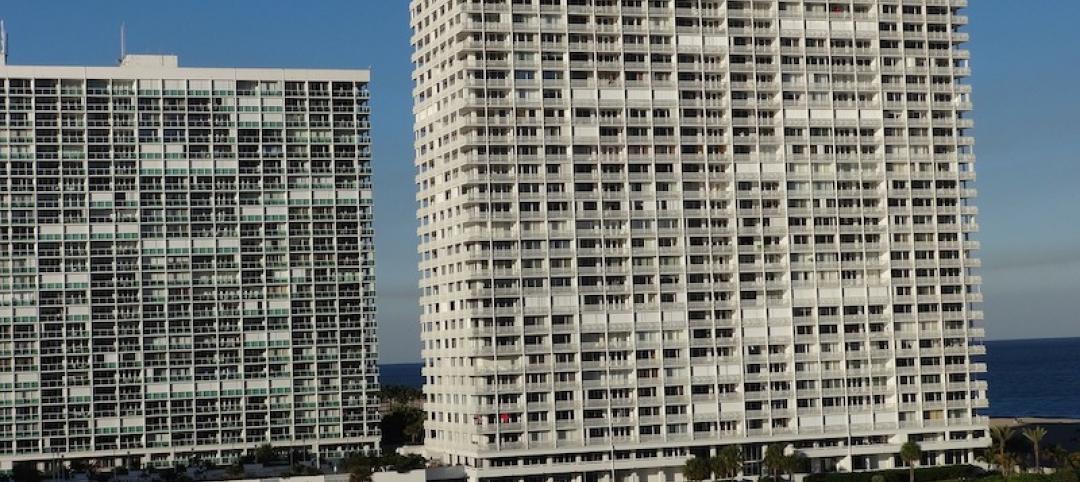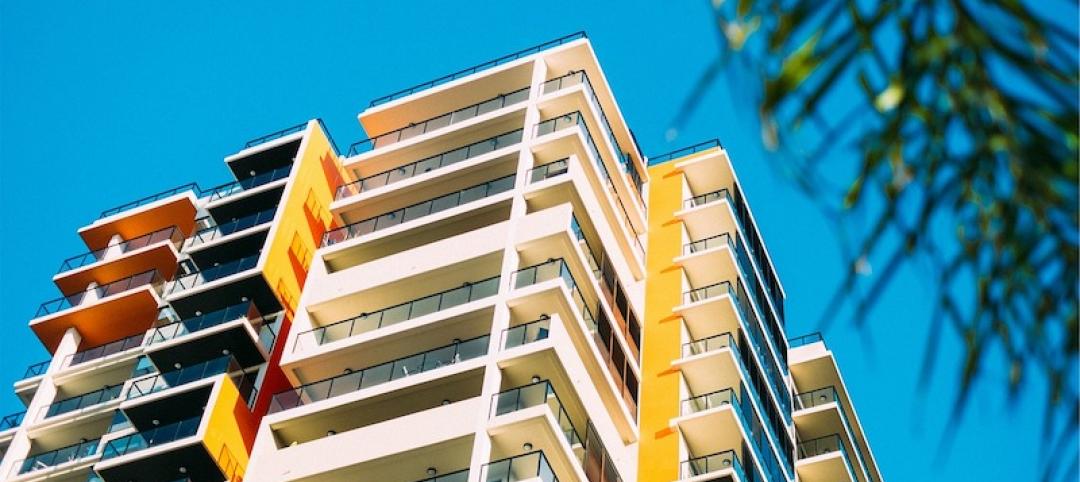The Washington, D.C., practice of global design firm Perkins&Will has pledged to eliminate embodied carbon in every commercial interiors space it designs by 2030.
“We’re setting this ambitious benchmark as a necessary response to the global climate crisis,” says Perkins&Will architect and sustainability expert Jon Penndorf. “We believe the District of Columbia and surrounding communities can lead the way for the rest of the country.”
Embodied carbon is an aggregate of all emissions released during ingredient extraction, product manufacturing, transportation, and end-of-life reuse or non-use. Statistics suggest embodied carbon is responsible for 11% of all global greenhouse gas emissions annually, the firm says. In the building sector, it accounts for more than a quarter of emissions.
“It’s been ingrained in architects and designers to think of heating and cooling as the biggest culprit, some of the worst climate change offenders—our building materials—are hidden in plain sight,” says Perkins&Will architect Rod Letonja. The problem is compounded by interior renovations and new tenant fit-outs. Old interior building materials frequently get discarded rather than reused, and with large leases turning over every 10 years on average, the emissions impact increases over time.
Related Stories
Codes and Standards | Jul 27, 2021
Add a wobbly moon to flooding risk factors
Earth satellite’s orbit variations will lead to sunny-day flooding in the mid-2030s.
Codes and Standards | Jul 26, 2021
Revamping of Florida building codes on the table after condo collapse
Tragedy could prompt upgrades like post-Hurricane Andrew effort.
Codes and Standards | Jul 21, 2021
Proposal to give Calif. hospitals more time for earthquake retrofits stirs controversy
State hospital association says 2030 deadline should be extended.
Codes and Standards | Jul 20, 2021
New York, New Jersey legislatures may revamp bidding rules to promote low-carbon concrete
Contractors would have to certify that their concrete is in compliance.
Codes and Standards | Jul 19, 2021
Lack of information on carbon emissions challenges construction industry
Reports recommends whole-life carbon assessments on building projects.
Codes and Standards | Jul 19, 2021
Florida condo collapse spurs increased scrutiny on inspections, regulations
Insurers demand proof of current inspections.
Codes and Standards | Jul 15, 2021
Three drywall code-referenced publications have been updated
Include guidance on fire resistance, sound control, application, and finishing.
Codes and Standards | Jul 14, 2021
Biden’s infrastructure proposal includes massive investment in school buildings
‘Once in a lifetime opportunity’ to upgrade HVAC and other key systems.
Codes and Standards | Jul 13, 2021
Reluctance to fund maintenance on older condos is a serious problem
Owner associations defer needed work, putting properties at risk.
Codes and Standards | Jul 12, 2021
Regulations on hydrofluorocarbons reduce roof insulation options
Canada, some U.S. states ban HFC blowing agents used in closed-cell foam.

















